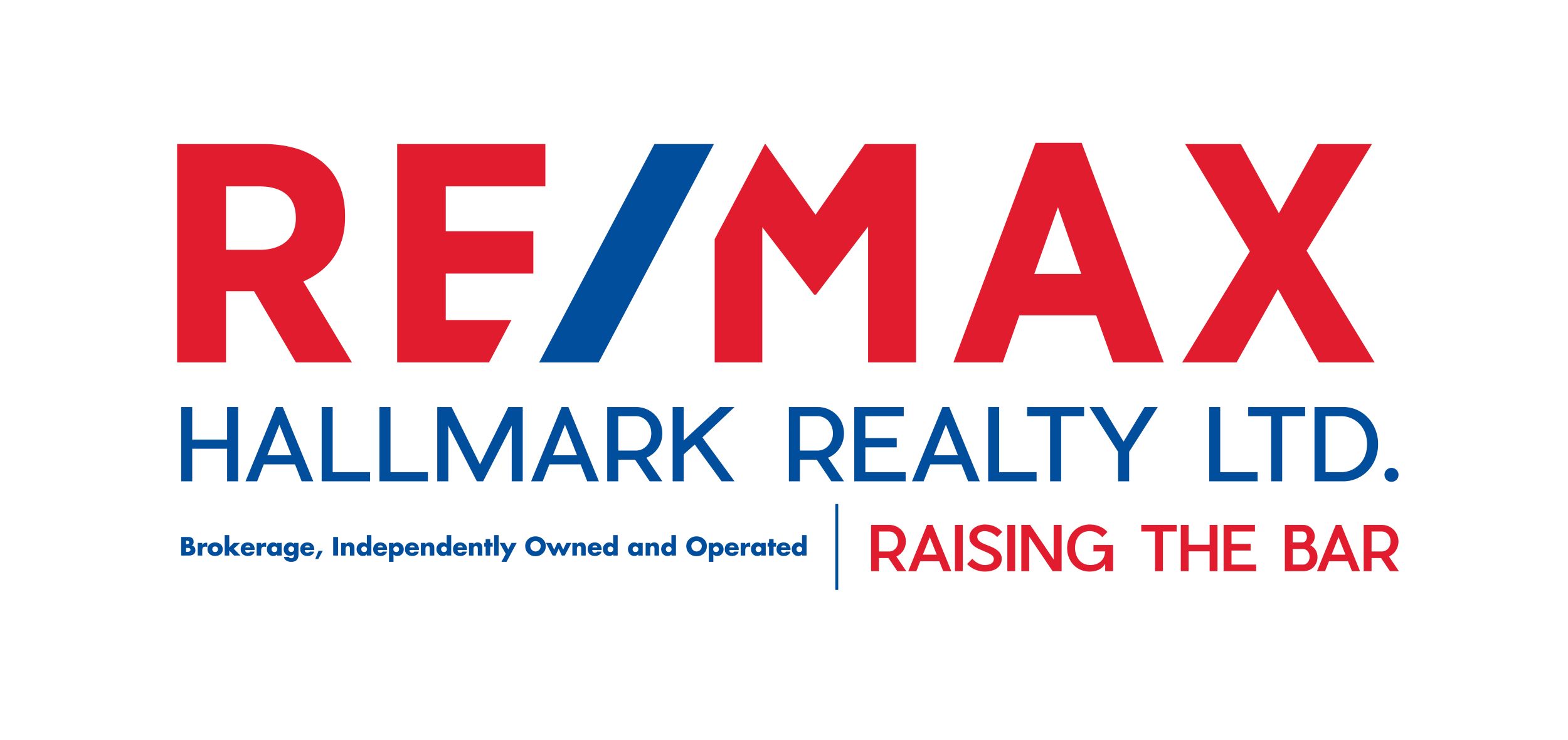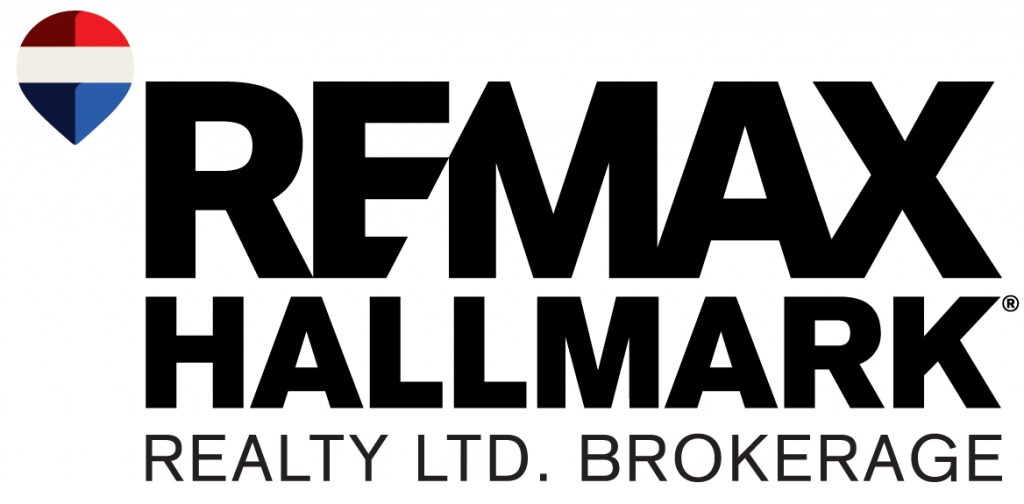According to RECO — the Real Estate Council of Ontario, a body that regulates the real estate industry — there have been complaints in the past about the misuse of lock boxes, during real estate transactions, mostly in providing access to a property to someone who wasn’t technically authorized to enter it. Here’s what you need to know:
What is a lock box?
In case you’ve never bought / sold real estate, a lock box is literally a locked box that contains a key to your home. It is attached to your home in some way—either on the door or on a nearby railing. The box is unlocked with a code that is provided to agents representing buyers who have a scheduled and confirmed appointment to tour your property.
If you are selling, having a lock box is a choice
For a lot of sellers, a lock box on their front door just makes sense. Having to be present to open the door for every showing is an onerous task. In some parts of the GTA, that can mean being present all day, and all evening, for days at a time. It’s also not realistic to expect a selling agent to be present for each viewing either. With a lock box, agents representing buyers can access your property while you are not home and in the absence of your agent, so that they can show it to their clients. It’s a matter of convenience for all.
You just need to know that you aren’t required to have a lock box and any agent who tells you that you do is lying for their own convenience. In fact, consenting to have a lock box comes down to a trust bond. You have to trust that the agent and the brokerage backing them will not divulge the code to the box inappropriately and will do everything within their power to ensure that it isn’t compromised. They should be asking you for your formal consent to have the lock box on your home.
Understand the risks of having a lock box
The reality is that using a lock box in a real estate sale is a pretty low risk action. 99.9% of realtors, whether on the buyer or seller side, are extremely conscientious about the use of these items and want to remain on the right side of the rules and regulations surrounding them.
But, like with anything, there are always risks. Like what?
- The lock box could be broken into, giving access to your home to someone who might do damage or steal items. That said, lock boxes are very sturdy. It would be an impressive thief who could get through one. And newer models have electronic additions, which will notify the brokerage if the box is tampered with, if it’s been opened and so on.
- If someone has access to the code who should not, by accident or design, they could access your property.
- The keys could be misplaced or the box compromised if an agent fails to put the keys back in or fails to close the box properly. This is pretty rare as all agents are used to using the boxes, but mistakes can happen.
March 10, 2019

Riverdale Office
Phone: 416-462-1888
Fax: 416-462-3135
630 Danforth Avenue, Toronto,
ON M4K 1R3


